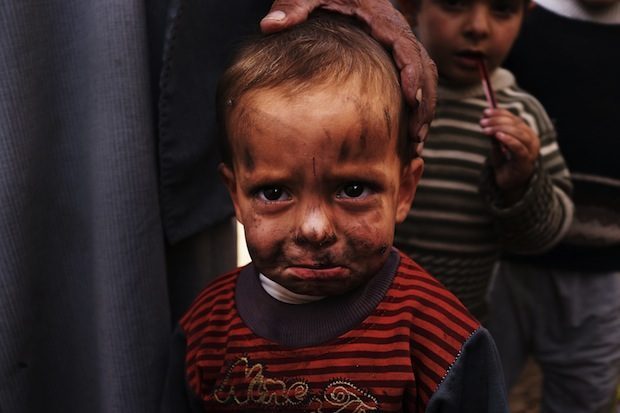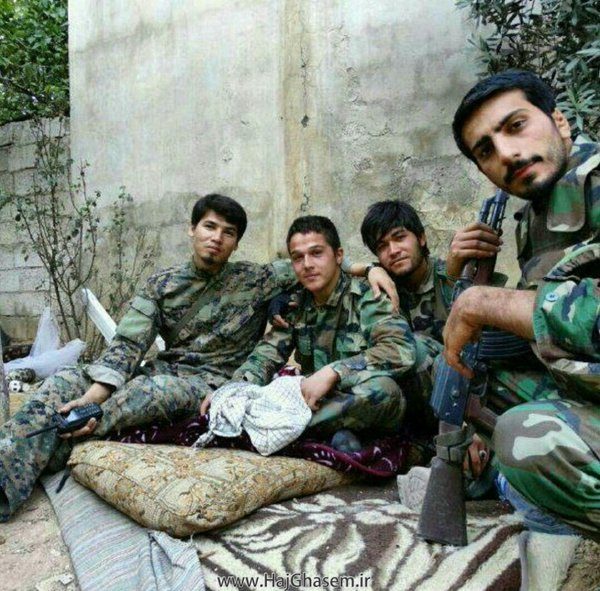
BY: Abdallah El-Sinawi*
Saudi Arabia is undergoing existential tests which are unprecedented – at the level of their danger – since the founding of the Kingdom in the early thirties of last century.
This issue is no longer questionable given the crises that are besieging the Kingdom internally, regionally, and internationally alike.
The nature of Saudi Arabia’s relations with its historical ally, the United States, is now questionable; and what was almost stable is now haunted by the concerns of the future.
The size of the Kingdom’s regional retreat in more than one file at the time is subject of a new question about the possibility of the Kingdom’s remaining safe after the distribution of the influence and power shares in the region, the drawing of new maps after the end of war on “Daesh”, or after any possible settlement to the Syrian crisis.
The timing of the decision of the US Congress to override the presidential veto on the ‘Justice Against Sponsors of Terrorism Act’, known as “JASTA”, is a warning that exceeds the legal question to a threatening of the Kingdom’s future.
There is a common hypothesis that refers the approval of the law and the repeal of the presidential veto to electoral reasons rather than anything else – to confirm commitment to fighting against the states that sponsor terrorism, and to allow the families of Sept. 11 victims to file lawsuits against them in local courts.
Though this hypothesis is partly true, but it is not so accurate.
In numbers: a single senator in the Senate supported the presidential veto compared to 97 senators who were against it. In the House of Representatives, there were 77 votes that supported the veto against 348 who were against it.
So, the decision was almost unanimous, which has critical connotations for the deteriorating image of Saudi Arabia to the American public, who elected their representatives.
The full compatibility between the Republican and Democratic parties to invalidate the presidential veto means in another political interpretation that the US Administration may reconsider radically its relations with Saudi Arabia and its future itself when power, influence, and mapping will be redistributed.
Although the controversial law violates the US Constitution, which obliges the legislator to line with the rules of the international law which stresses the immunity and sovereignty of states and prevents their prosecution before foreign courts, however the overwhelming majority of the Congress passed what is unconstitutional, which is against the Saudi ally and the international law altogether.
This violation alone indicates new potential approaches.
We are not in a debate between lawyers to prove the right of Saudi Arabia an refute the slanders and false charges raised against it, as no senior Saudi official was convicted of supporting and financing the events of September 11 – according to the White House. The essence of the problem is in politics not in law; in the changing calculations not in the historical relationships.
The JASTA law may be reconsidered to avoid the pitfalls and dangers that could hurt the United States and push the files of its violations before other foreign courts, but the “JASTA message” was like a fired bullet that resounded, and its effects will not stop at the legal debate, or the law itself.
Given the context, there was no big surprise in overriding the presidential veto and adopting the law despite its all defects.
Upon unveiling the nuclear deal with Iran, Saudi Arabia and other Gulf states had showed deep concerns that it may lead to new regional arrangements under which the Iranian role could climb at their expense.
Despite the attempts of the Barack Obama Administration to absorb the discomfort of Saudi Arabia and Gulf countries through contacts and talks both in closed rooms and under the lights at cameras at the summit level in the White House, yet doubts have remained at a standstill.
Obama revealed later in a lengthy interview with the “The Atlantic” magazine the negative attitude of Saudi Arabia, and launched a barrage of criticism against it that necessitated semi-official responses.
The Americans were not comfortable with the Saudi rush – with arms and funding – on the crises of the region, and they felt that such attitudes might complicate them in its (region’s) swamp, something which the US president wanted to avoid.
With regard to the near presidential elections in the United States, both rival candidates are almost equally bad with respect to the Saudi interests. While Hillary Clinton adopts the essence of the Obama Administration, however Donald Trump will further violate the Saudi interests. According to Trump’s remarks, Saudi Arabia should pay for its protection, which reflects a general atmosphere in the United States with almost no one excluded.
The dispute is in the efficiency of the formulations, not in the depth of orientations
In other words, it is not expected that the US-Saudi relations will return to normal, as the rules of the game are changing and the calculations of interests are altered.
Between World War I and World War II, the relations between Saudi Arabia and the US began and then continued and deepened to its utmost range during the years of the Cold War. The United States put the oil fields and Israel’s security as a top priority, and Saudi Arabia has been in need for the American military umbrella to protect its resources and its regime
This formula has undergone variables; and what was possibly condoned in the past – according to the calculations of the oil interests – like the penetration of “Wahhabism” (a religious trend based on the teachings of Sheikh Mohamed Ibn Abdel Wahab, an early 19th. Century Salafist preacher) in the structure of the Kingdom and the Saudi society, has become questionable in the United States about Saudi Arabia’s responsibility for the spread of the violence and terrorism phenomena and groups.
The American dilemma here is that the successive US administrations are involved in what is related to Saudi Arabia of charges, such as sending “mujahideen” (fighters) to Afghanistan to fight the Soviet forces.
Thus arose the “Usama bin Laden” phenomenon.
According to documents, the CIA supervised the entire game, in which Egypt was also implicated (regarding the Egyptians who were in Afghanistan, participated in the war against the Soviet Union, and then returned to Egypt).
Although the United States and other regional players encouraged and instigated the arming, training and funding of “Jabhat Al-Nusrah” (Al-Nusrah Front) in Syria – which has emerged from the cloak of Al-Qaeda and adopted its ideas – they (the Americans) almost hold Saudi Arabia alone responsible.
In other words, there is a demand that Saudi Arabia must pay all the bills, including the bill of the spread of terrorism, and the bill of the crisis in Syria and the post-crisis arrangements in the region.
If the internal structure of Saudi Arabia was shaken, the American hands will extend at lightning speed to the Saudi Funds and assets which exceed 750 billion dollars.
The Saudi dilemma is that the Kingdom’s internal invulnerability is questionable – while facing the most serious test in its history. The likely conflict on ‘Who will succeed King Salman bin Abdulaziz?’ warns of unbearable cracks in such critical conditions within the royal family.
Deputy Crown Prince Mohammed bin Salman is ‘galloping’, and implicated his country in a war that cannot be resolved through weapons in Yemen, draining enormous financial resources that weakened the Saudi public budget, especially in light of the decline in oil prices. Bin Salman also pushed for the transfer of the sovereignty of the Red Sea “Tiran and Sanafir” islands from Egypt to Saudi Arabia as a (symbolic) certificate to testify that he deserves a direct transfer of power to him, through overthrowing Crown Prince Mohammed bin Nayef.
In such an eventuality, the presence of Saudi Arabia as a united country will be virtually ruled out in view of the developments related to the US ally and the deepening regional crises, in which the Kingdom is greatly bogged down in Yemen, Syria, Iraq, and even Lebanon.
There is no time before Saudi Arabia for a fake ‘show of power’, or a claim of leadership that it does not possess its required components.
In fact, what Saudi Arabia needs is to widen its view of the necessity to undertake internal reforms. The Kingdom has a growing middle class and modern elites that are overlooking the world. It should also work to build an Arab stance that could protect and repel through conviction not through any other ordinary means.
*Abdallah El-Sinawi, is an Egyptian journalist and columnist who is close to Egypt’s regime.
(Published in Al-Shorouk on Tuesday, Oct. 4, 2016, and translated for MEO)



